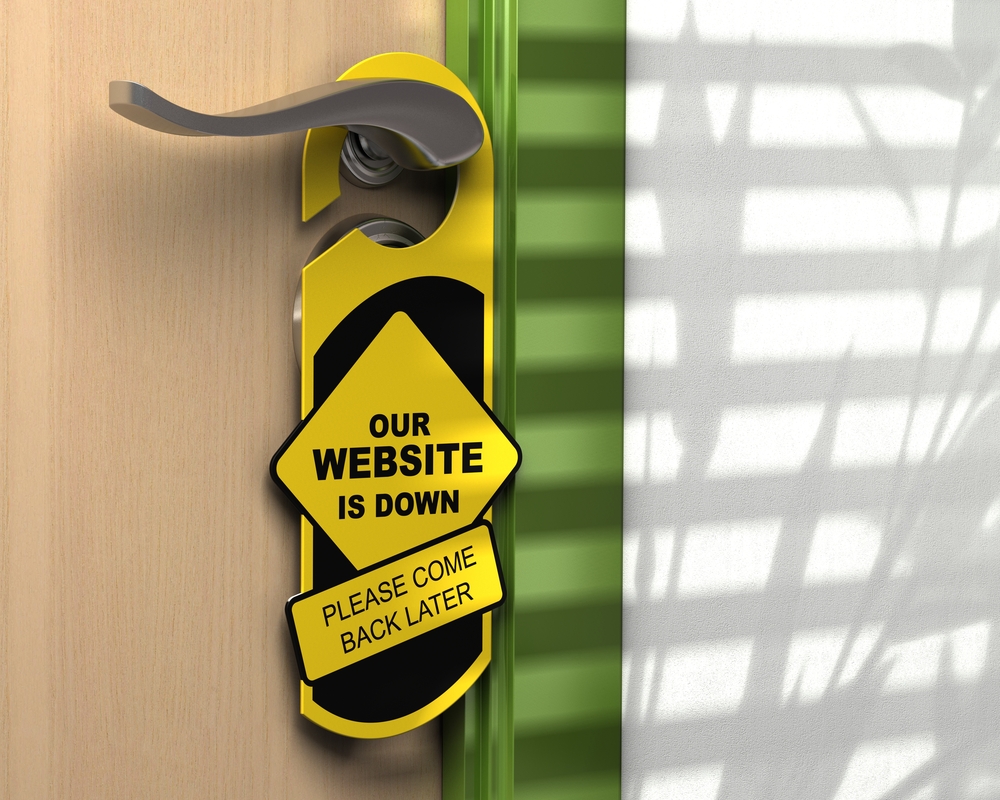In today's business climate, e-commerce companies face huge competition when it comes to not only attracting mobile and web users to their site, but also converting them into sales.
Just a split-second delay in loading a web page can have a significant impact on an e-commerce enterprise's success, resulting in a real need for speed in the website's supporting infrastructure and ability to handle peak traffic.
With technology developing at such a rapid pace, businesses must ensure they aren’t left behind by not meeting user expectations and consumer trends with fast and reliable performance across mobile and web.
Legacy infrastructure is failing to keep up with the increasingly fast developments in technology that are taking place within e-commerce. Businesses need to deliver a seamless experience across all channels with a consistent message throughout multiple touch points.
To convert customers into loyal followers – in busy periods and beyond – e-commerce firms must consider not just the desirability, but the accessibility and speed of access of their online products.
Mobile commerce
The rapid proliferation of smartphones and tablets has driven an overwhelming consumer demand for purchasing goods and services through the mobile platform.
But user experience hasn’t kept up. Today’s consumers are extremely unforgiving – and they will not spend money on websites that are unresponsive to mobile and slow to load.
Not only will this result in loss of business revenue, but also user frustration and – in the age of social media – deterioration of the brand.
A mobile strategy is not an option anymore – it should be a primary consideration for all e-commerce businesses. According to the latest figures from IDC, 18% of worldwide and 40% of US mobile internet users bought products through their mobile devices in 2015.
In the UK, a report from the Centre for Retail Research (CRR) showed that UK retailers are missing out on a shocking £6.6 billion per year due to a lack of investment in their mobile offering. This is taking place despite retailers reporting that the mobile share of their online sales almost doubled between 2013 and 2014 from 15% to 28%.
The same report showed that 15% of consumers now use mobiles as their main shopping device and that these shoppers tend to be more prolific online spenders overall.
Whether on mobile or desktop, speed is integral to transferring a website visit into a sale. Delivering a fast and high-performance web is critical to increasing conversation rates.
>See also: 5 critical requirements for surviving and thriving in e-commerce today
Scalability is just as important, particularly during busy sales periods. For some e-commerce retailers, predicting spikes and dips in traffic is a relatively easy task, particularly around times like Christmas and New Year. However, e-commerce traffic isn’t always that predictable, so businesses must be prepared for traffic spikes on a weekly – or even daily – basis.
With performance needing to be maintained through any spikes in traffic, e-commerce companies require technology and architecture that allow for faster data access and application performance.
But nothing hurts an e-commerce business more than site failure, so highly available hosting solutions should be at the top of any priority list. Any site that remains available while others experience outages will reap the rewards of new business.
By leveraging a globally distributed cloud platform, which reduces the need to move data, e-commerce companies can be assured of high availability while minimising transmission costs and improving the client experiences.
Such an approach also removes bottlenecks, key for periods of high consumption, and allows for virtualisation and, therefore, scalability.
And should any issues arise, businesses should have a failover option that enables dynamic content delivery even when the origin site is unavailable.
The cost of attack
In their determination to get products live, businesses shouldn't forget about vital components surrounding intelligence and security.
In today's digital economy, online experiences – particularly e-commerce – rely on understanding and meeting the requirements of user devices. So e-commerce businesses must leverage device and network intelligence for consistent and reliable insight into their audience's mobile consumption.
Any perfectly executed mobile and web experience, however, counts for nothing if a cyber attack is successfully executed on an e-commerce business. Not only will a data breach be severely costly in monetary terms, but the lost of brand trust and reputation can cause immeasurable damages.
Partnering with a service provider that can provide the right guidance on security policies and practices will be one of the most important investments a business makes.
For any e-commerce firm wanting to ensure fast and reliable performance with superior user experience across mobile and web, the importance of investing in scalable website infrastructure cannot be underestimated.







